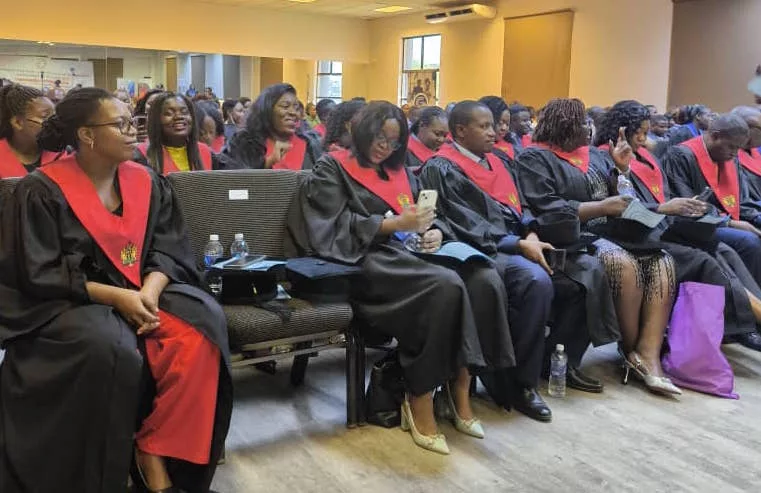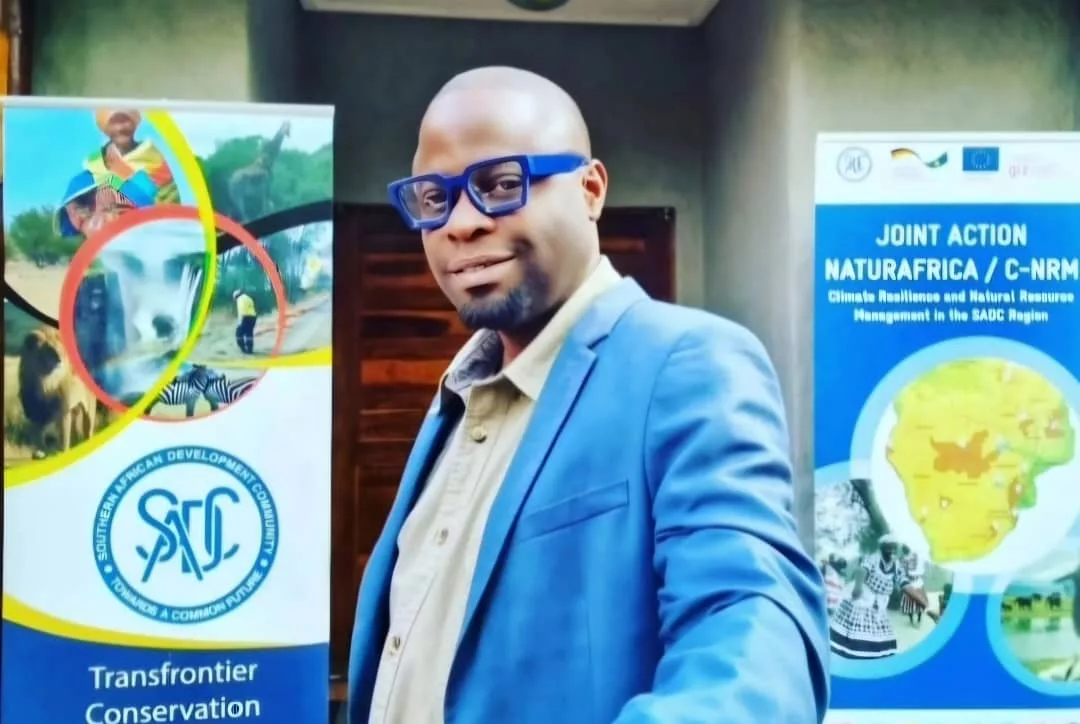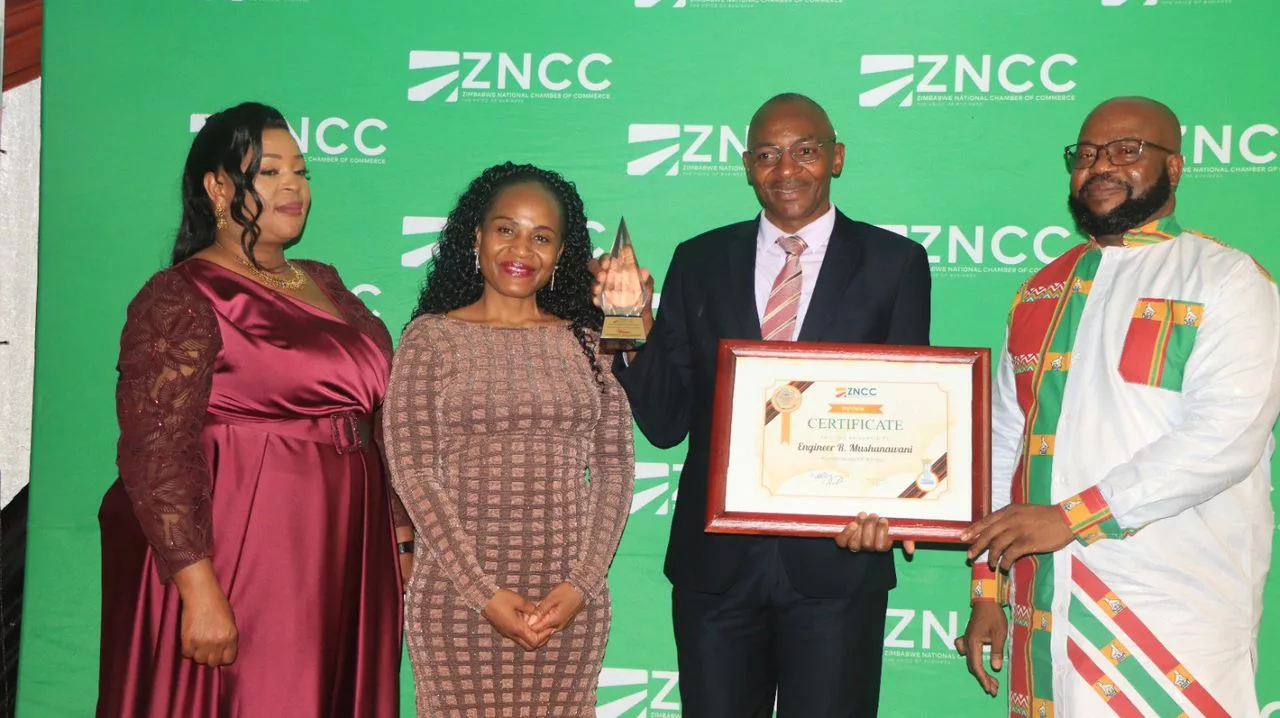|
Getting your Trinity Audio player ready...
|
Small and Medium Enterprises (SMEs) are the lifeblood of Zimbabwe’s economy but lack of access to finance, weak governance structures and operational inefficiencies hinder their full potential according to Chartered Governance and Accountancy Institute in Zimbabwe president Judith Buzuzi.
Speaking at a CGAIZ graduation in Harare on Friday, she said this was where the expertise of those graduating was indispensable.
Twenty-nine Diploma in Forensic Accounting students and 63 Master of Commerce in Professional Accounting and Corporate Governance/Graduate Chartered Governance (MCom/Grad CG) students graduated at the ceremony.
The MCom/Grad CG qualification is the result of a collaborative agreement between the CGAIZ and the Great Zimbabwe University. Most of the Diploma in Forensic Accounting students are members of the Zimbabwe Republic Police.
Ms Buzuzi said the strong foundation in governance and accountancy of the MCom/Grad CG graduates would allow them to design systems that promote efficiency, resilience, and ethical leadership in both the private and public sectors.
“Our nation faces complex challenges but with challenges come opportunities to innovate and lead. In today’s world professionals must remain ahead of contemporary trends,” she said.
She urged the graduates to embrace technologies such as Artificial Intelligence (AI) to bring efficiency and foresight to governance and accountancy.
Forensic accountants, she said, were guardians of transparency, integrity, and accountability in financial practices.
“You have the skills to detect and prevent fraud, safeguarding the assets and reputations of the organisations you serve,” she said.
She told the graduates that they were uniquely positioned to help organisations integrate sustainability into their core strategies, ensuring they operate in ways that protect the planet and support future generations.
“Your leadership in this area can drive Zimbabwe towards a more sustainable and equitable economic future,” she said.
Their skills were needed in public sector governance more than ever, as governance was the backbone of effective service delivery, social justice, and economic stability.
“By advocating for transparency, accountability, and ethical decision-making, you can contribute to restoring public trust and enhancing the efficiency of public institutions.
“Today I challenge you to use your expertise to provide tangible solutions to society’s pressing problems. Whether it’s ensuring financial integrity, fostering sustainable practices, or driving innovation, the knowledge and skills you possess are powerful tools for change.
“Be proactive in addressing the issues faced by businesses, communities, and institutions. As professionals, you have the unique ability to turn challenges into opportunities, obstacles into stepping stones,” she said.
In a speech read on his behalf, CGAIZ chief executive Lovemore Gomera said the 21st century demanded more than knowledge. It required adaptability, foresight, and innovation.
“Artificial intelligence is one such trend that is reshaping the very fabric of governance and accountancy. As graduates, you must embrace AI as an enabler rather than a disruptor. Leverage it to enhance decision-making, automate mundane tasks, and uncover insights that drive impactful governance,” he said.
Challenges in public sector governance, financial mismanagement, and operational inefficiencies required bold, informed leadership, he said.
“As you go forth, let your impact speak volumes. Do not merely occupy positions, transform them. Be the strategic minds who challenge the status quo, the ethical leaders who uphold integrity, and the innovative thinkers who turn challenges into opportunities,” he said.
He said the Institute prided itself on being a movement committed to transforming governance practices and driving national development.






